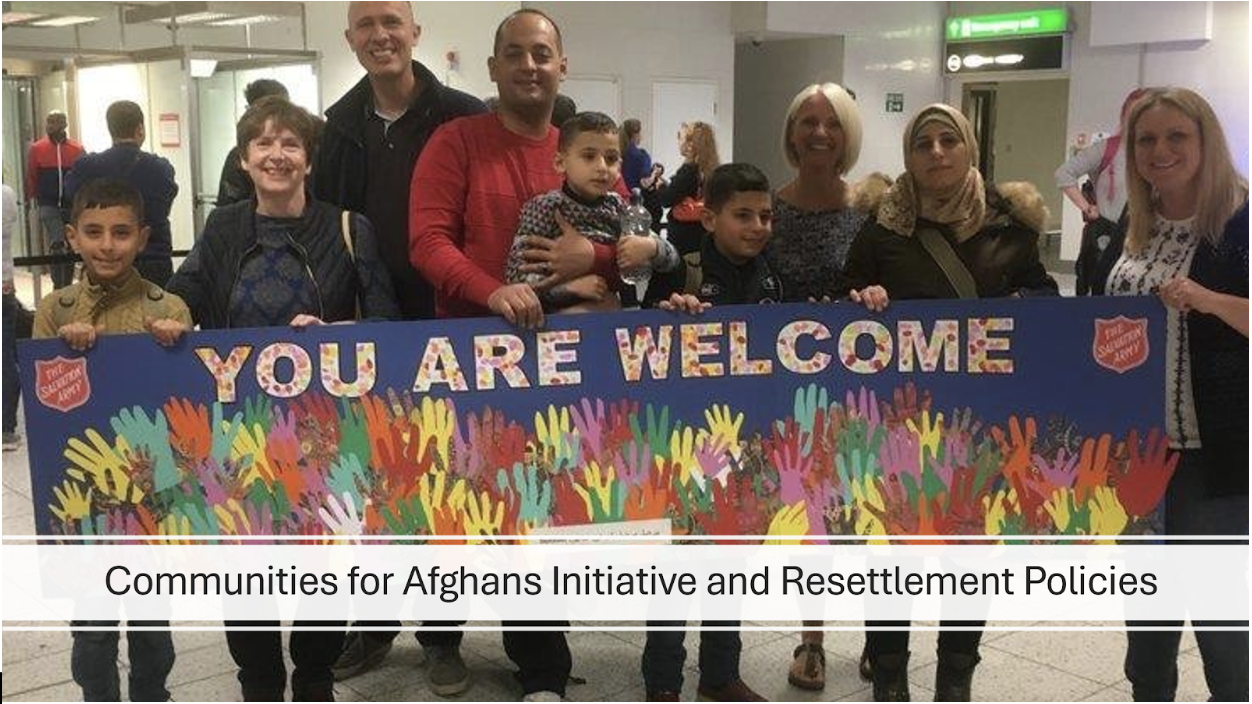The seminar introduced the ‘Communities for Afghans’ (CfA) initiative, a UK community sponsorship program aiming to resettle Afghan families already recognized as needing protection by third countries. CfA, extended through March 2031, builds on the success of prior efforts like ‘Communities for Ukraine’ and emphasizes community-led sponsorship to help Afghan families rebuild post-2021.
Ms. Forough Jonghani outlined the program’s goals: providing housing and integration support, with sponsors helping families access services, benefits, and jobs.
Sponsor groups of six or more commit to two years, securing housing and supporting adaptation. Challenges include the UK housing shortage, particularly for large families, and uneven distribution of sponsors nationwide.
The seminar also discussed the UK’s global humanitarian reputation, noting that while such programs enhance social standing, restrictive migration policies—like tighter citizenship and family reunification rules—may undercut these efforts.
Japan’s Approach to Afghan Resettlement
In contrast, Japan emphasizes financial aid abroad while maintaining strict domestic refugee policies. Current programs support Afghan women via local development projects (e.g., dairy and silk production) aimed at economic self-reliance. Despite limited refugee intake, Afghan resettlement could help address Japan’s aging population if integration frameworks improve.
Dr. Yuichi Kubota noted the UK’s new citizenship rules and their impact on Afghan family integration. He questioned the feasibility of adapting CfA in Japan, highlighting key considerations like sponsor roles, job access, and regional support.
Participants discussed bridging societal divides over refugee presence, especially in economically struggling areas. Greater efforts are needed to raise awareness about migration’s role in addressing Japan’s aging population. Japan’s ‘Multicultural Coexistence’ (多文化共生) efforts in certain cities could guide broader integration policies. Globally, as traditional resettlement models falter amid radical policy shifts under the new US administration, community-led sponsorship is increasingly seen as a vital alternative.
The seminar concluded by underscoring the importance of international cooperation and innovative strategies for balancing humanitarian goals with practical challenges in both the UK and Japan.





